Author: joram
-
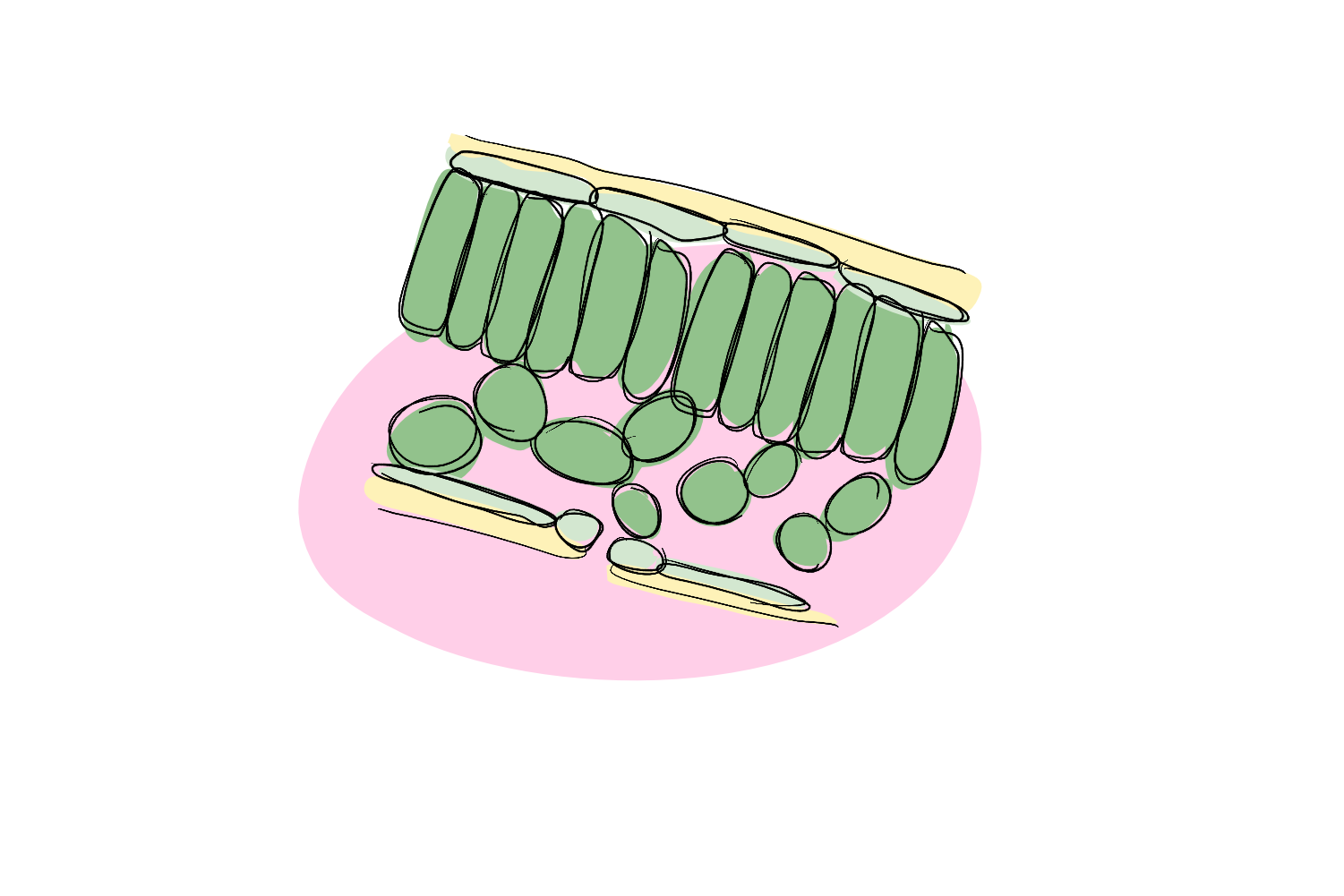
A coat for land plants
To survive on land, plants need to be able to control water loss. For most plants, this involves the simple act of coating their leaves in wax coat. Now, researchers shed light on when plants evolved this trait. … Read more
-
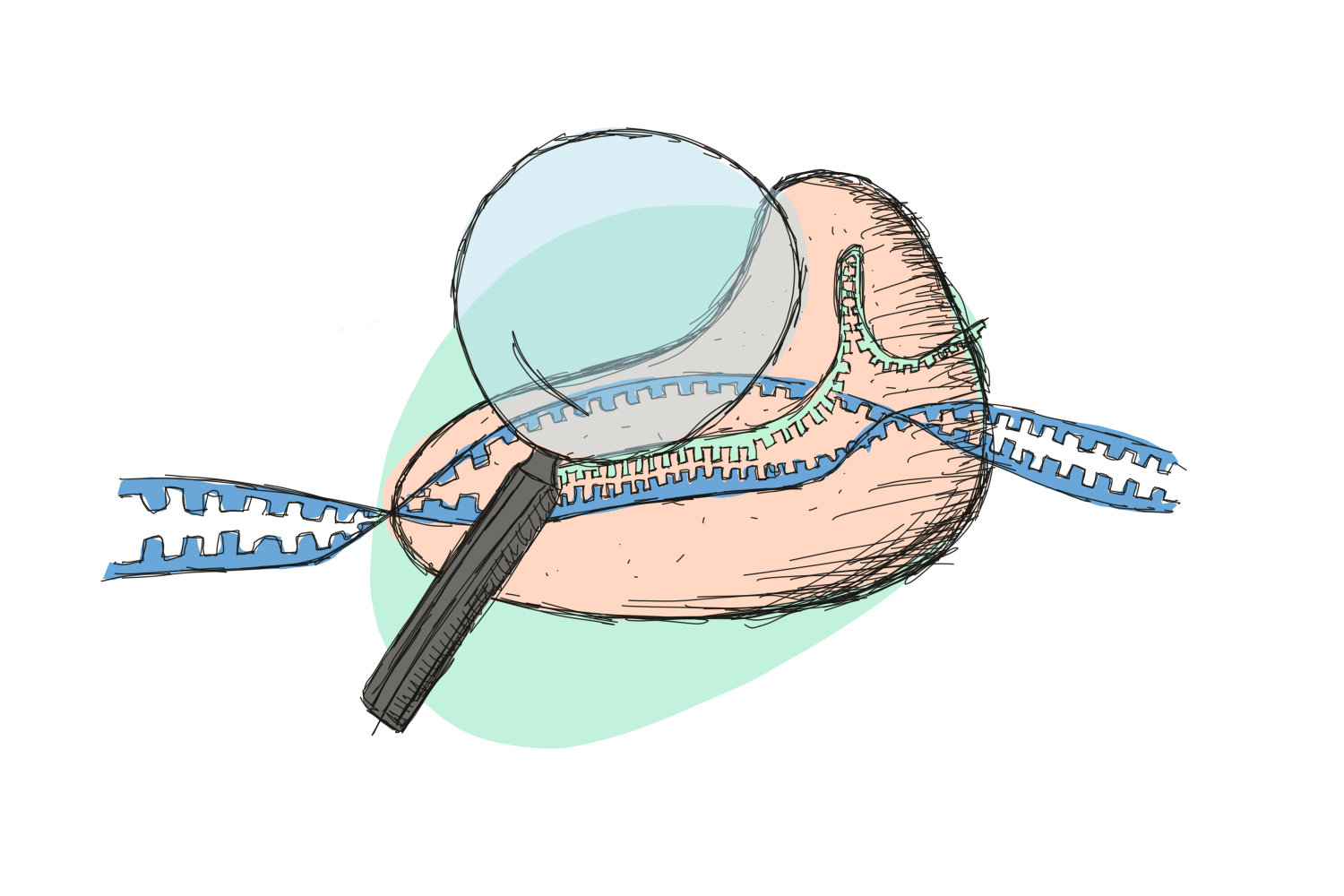
Did Greenpeace manage to detect CRISPR crops?
Greenpeace has published an “open source detection test for a gene edited crop”. This might suggest that they are able to specifically detect crops made by CRISPR & Co. Or does it?… Read more
-

Is vertical farming the answer to all our problems?
Usually, we aim for scientific accuracy and rather neutral representation of current research. Sometimes, however, we like to give you our honest opinion on new trends or technologies. This week, Joram shares his view on vertical farming.… Read more
-
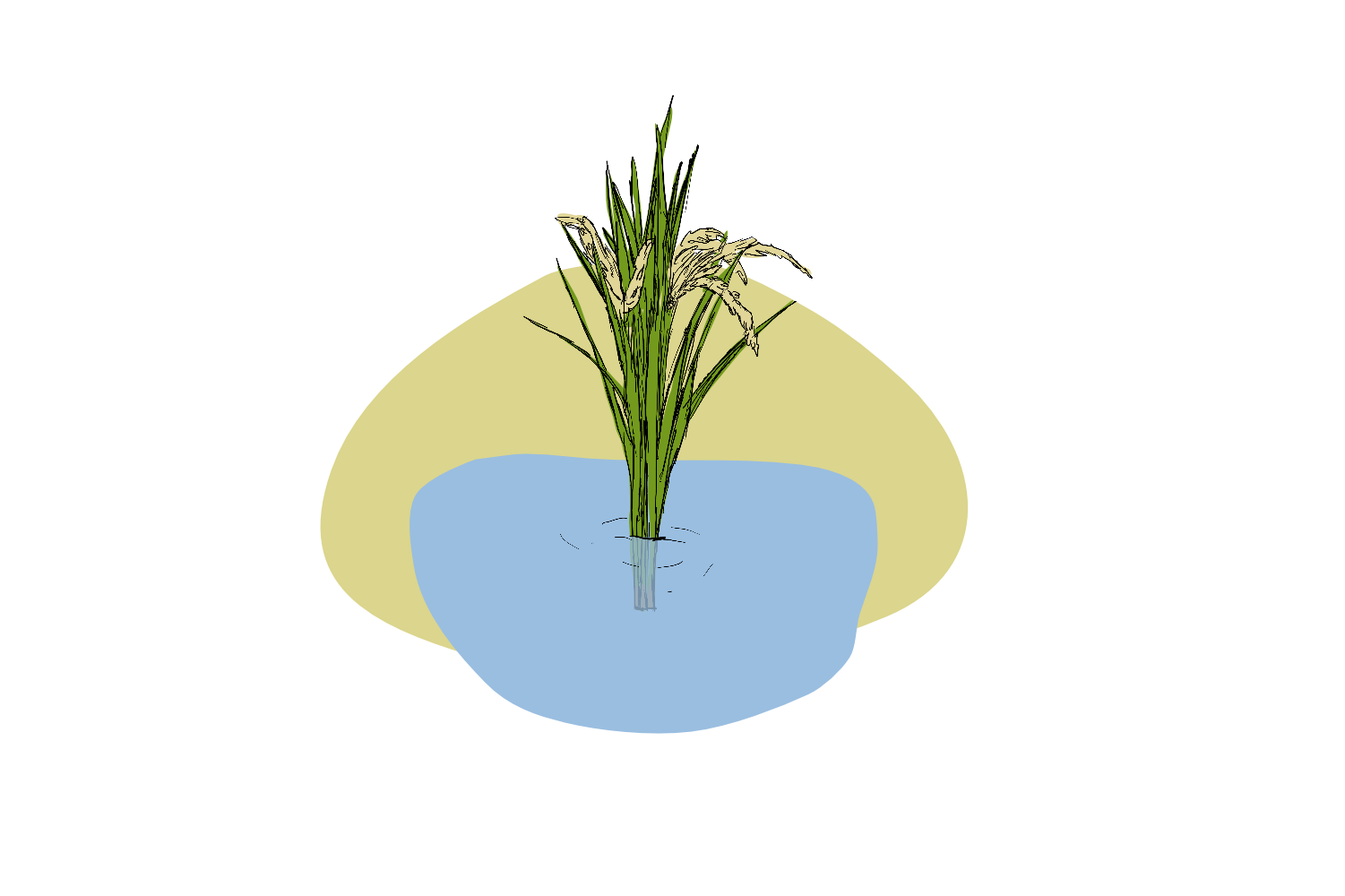
These two genes help rice to keep its head above water
Think about any crop plant and what of it is important to you. You might say taste, fruit size, yield per acre – but would you consider plant height? Maybe you should! Researchers have discovered two new genes that react to flooding and control the height of rice plants – so that they don’t drown.… Read more
-

Do GMO have worse off-target effects than conventional plants?
Without plant breeding, the fruit and veggies of today would look very differentOver thousands of years, humans have genetically modified plants through selective breeding, to yield bigger, tastier and hardier plants. In the 1990s, the tool set of plant breeders was extended by means of genome engineering. Genome engineering encompasses the introduction of foreign genes into the DNA of plants as well as other molecular methods that selectively modify, delete or add genetic information. … Read more
-

Are plants as smart as dogs?
Being the father of a young child allows me to witness learning every single day. While I do my best to teach my child through explanation and demonstration, I can’t help but notice that he’s also recently developed associative learning. If I go to put on his shoes, for example, my child gets excited because shoes are associated with going outside – the same shoes did not trigger any excitement several months ago.
Associative learning, also known as classical conditioning, might be familiar to you because of Pavlov’s famous dog.… Read more
-
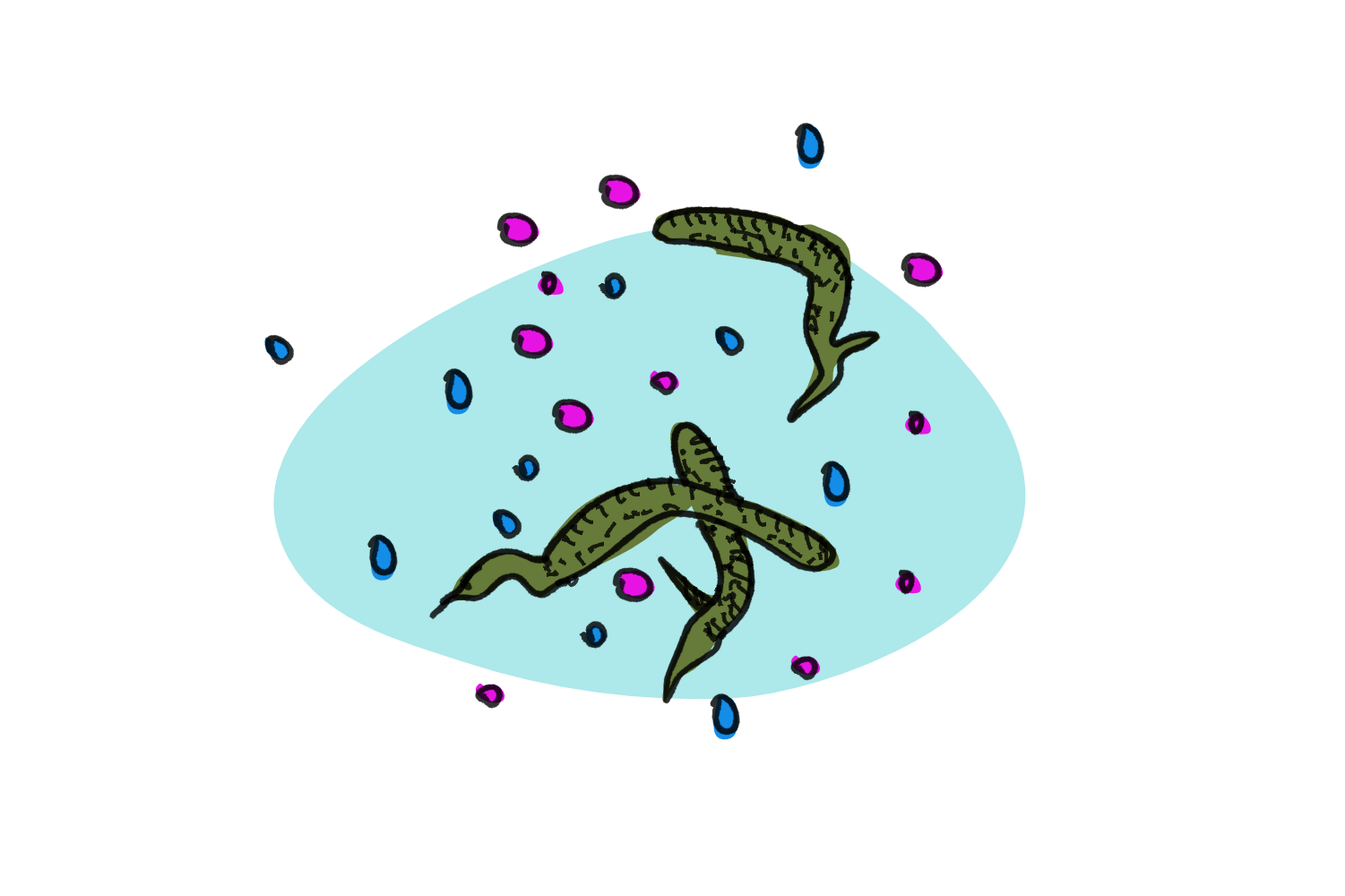
This seaweed would look completely different without the bacteria around it
Do you ever wonder how you would have turned out if you’d hung out with different crowds in your youth? All living things – you, me, plants – are shaped by their environments, which includes both non-living/abiotic factors (sun, sea and soil), and biotic factors – the other living things around us.
The seaweed Ulva mutabilis is no different – while growing up its shape and size heavily relies on the microbes around it. And without its bacterial friends, it will never settle down.… Read more
-
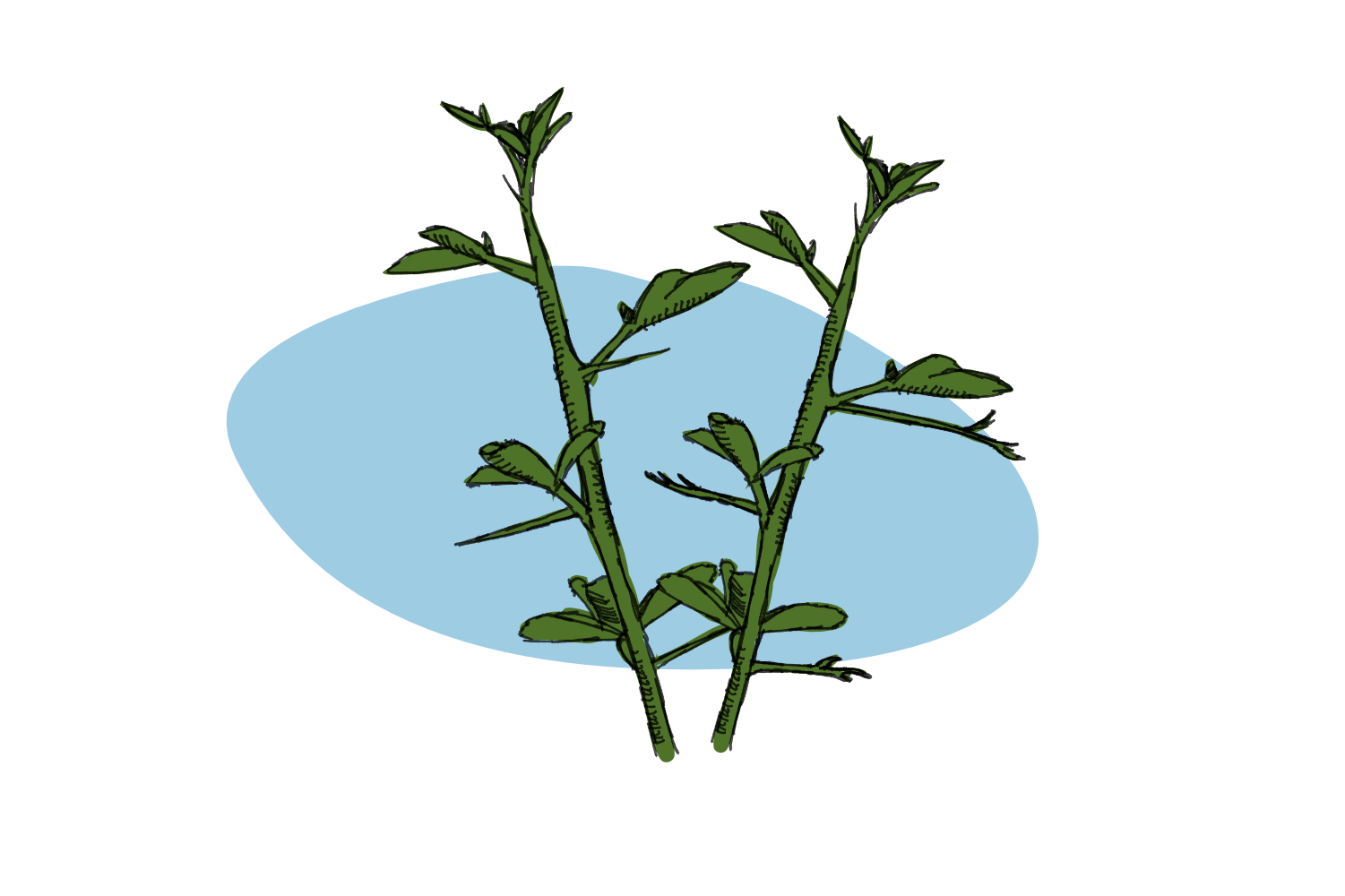
Thorns to branches
On today’s episode of “how it’s made”: Thorns!
The pointy defence system relied on by many plants has an interesting origin story. Thorns start out as branch-like structures that grow out of the main stem and then, all of a sudden, turn into sharp death spikes. Now, researchers have not only figured out how that happens, but also how it can be stopped. … Read more
-
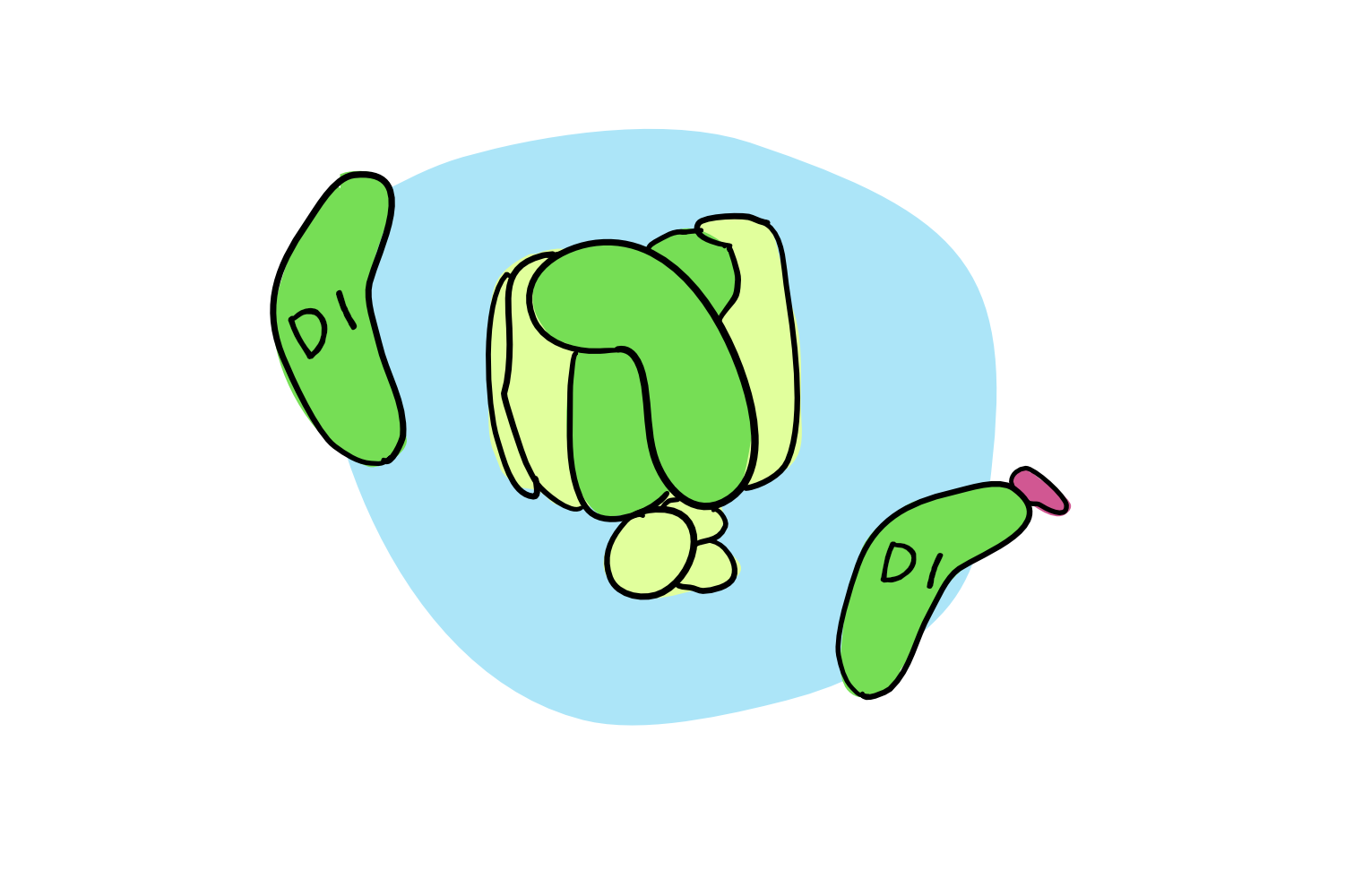
Researchers use genetic copy/paste to make better rice
Oh sun! How beautiful are the days when you shine, how warm is your light, and how much energy do you push into the photosystems of our plants!
Sometimes, as it turns out, that energy is a little too much. A surplus of light creates a major challenge to plants, causing damage to the core of their photosystems. Recent research shows that the simple addition of an extra copy of an important gene can prime plants to keep producing even when the heat is on.… Read more
-
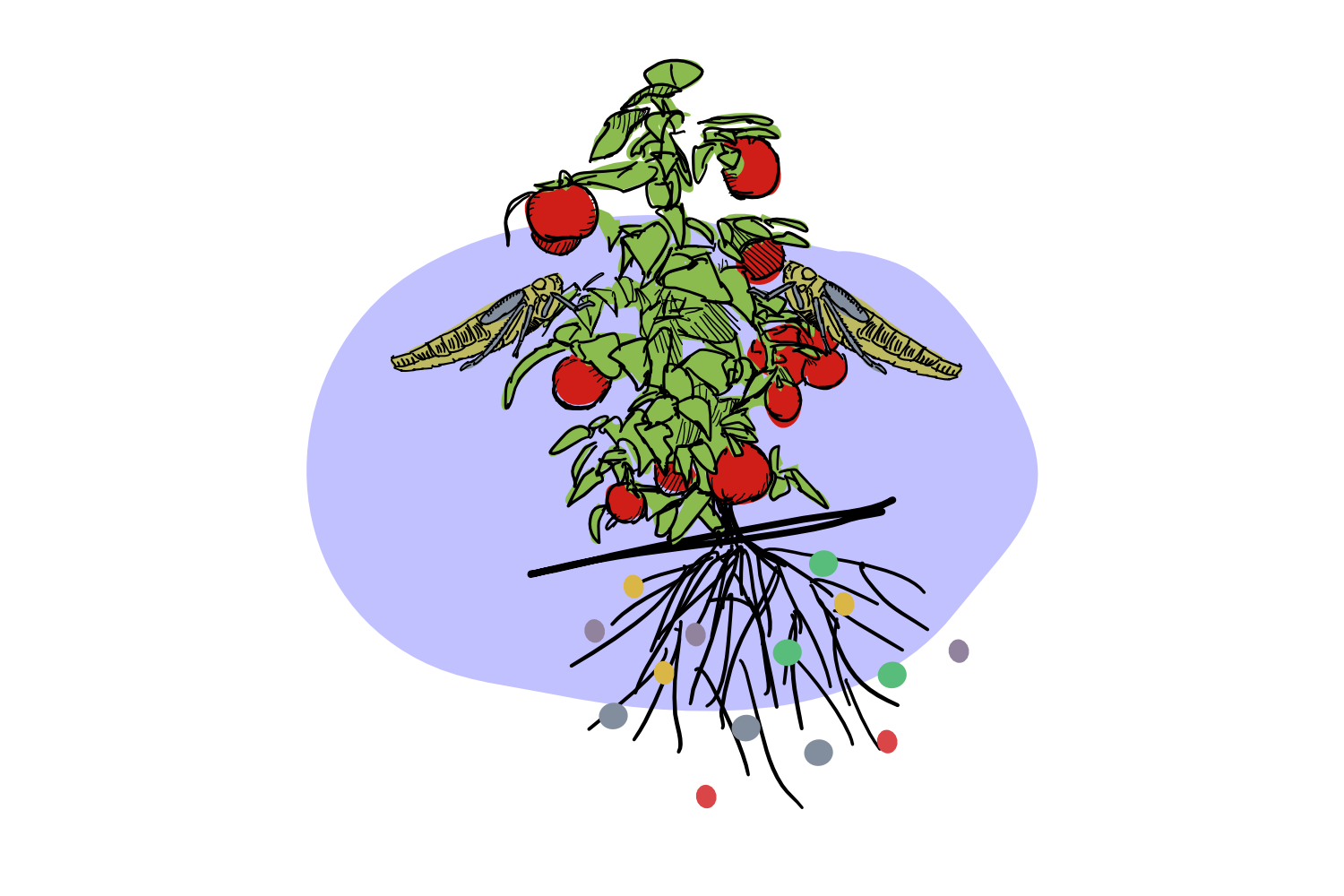
This is why organic soils lead to more resistant plants
When we deal with pests on crop lands, we usually stick to a few straightforward strategies. We either try to breed more resistant plants or we spray them with specific and less specific pesticides. Organic farming – while still using some spray-on pesticides – has vowed to reduce their use. And as researchers recently discovered, they might do very well without them. … Read more